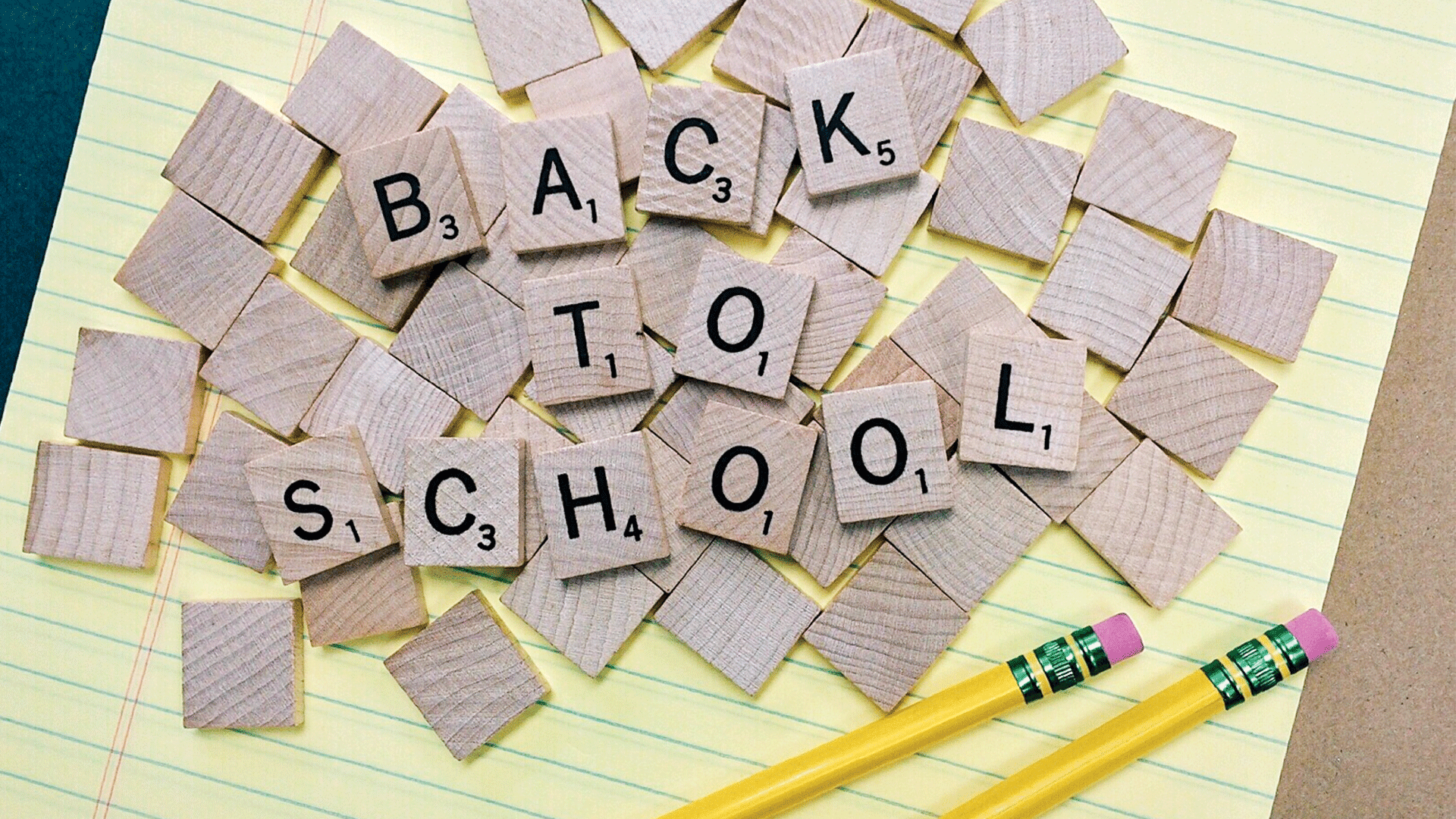
29 Jan 11 Ways To Make Back-To-School Easier
Your foolproof guide to getting the kids out the door and organised for school.
The more thought and preparation you put into place by establishing simple organisational strategies, the easier back to school will be for everyone. Here are 11 tips to start school afresh and help the year run smoothly.
Preparation For School
1. When it comes to getting to school on time, you need to set up a regular routine. It’s best to work backwards from when you need to be at school and allow time for everything that needs to happen.
2. If your house is chaotic in the mornings, maybe it’s time to do a bit of preparation the night before. Older children can easily get their clothes ready in advance and track what they’ll need for the next day with a list or timetable, whereas younger children could use a whiteboard or checklist to assist them.
3. Older children can also make their lunch either the night before or in the morning. Younger children might need a bit more help from parents with clothing, lunches and packing their bags.
4. It‘s a good idea to have the same dropzone in your house for items such as bags, shoes and coats rather than having to search for them when needed.
Homework
5. Create a homework station. Younger kids might need your assistance, whereas older children usually work well in an environment that is well lit, quiet and free of distractions. However, some people focus better with some noise and others around so it’s important to take that into consideration. Stock up on age-appropriate pens, pencils, erasers, rulers and sharpeners to avoid last-minute trips to the store.
6. Create a homework routine by choosing a time that suits everyone, taking their energy levels and extracurricular activities in to consideration.
7. For some families, having set quiet time can be effective. It can be used for doing homework, reading a book, doing chores or generally having quiet playtime, might go for around one to one-and-a-half hours, and has to fit in with both parents’ and children’s schedules.
8. Children are more likely to get started if they have a plan of action and stay motivated to get the work done. It can be helpful to break tasks into small chunks. For a child struggling with motivation, start with an easy task first rather than the longest or hardest and they may not even notice they’ve started.
9. When your child asks for help, you should consider providing guidance rather than answers and letting them learn for themselves.
10. When it comes to homework, how often do children leave half-done bits of work or materials lying around? To combat this, you might like to set up something like a magazine holder for each child to keep their schoolwork and reference material. It will provide you with a neater environment and everyone will know where to find his or her belongings.
Keep Communicating
11. Keeping the lines of communication open will help everyone keep track of schedules and responsibilities, as well as eliminate struggles of trying to keep up with everyone’s whereabouts. One of the best tips regularly given to clients is to have a family calendar for everyone to see and use. The calendar should include all the necessary school year schedules like term dates, curriculum dates and after-school activities. It should be displayed in a central place in your home where you and your family are likely to see and update it.
Tip: Remember to adopt the solution that will work best for you and your family, and remember children can take more responsibility for these things as they get older.
Amanda Lecaude is professional organiser who loves helping her clients get organised.
You can find out more about Amanda’s work at Organising You.
Words by Amanda Leaude

